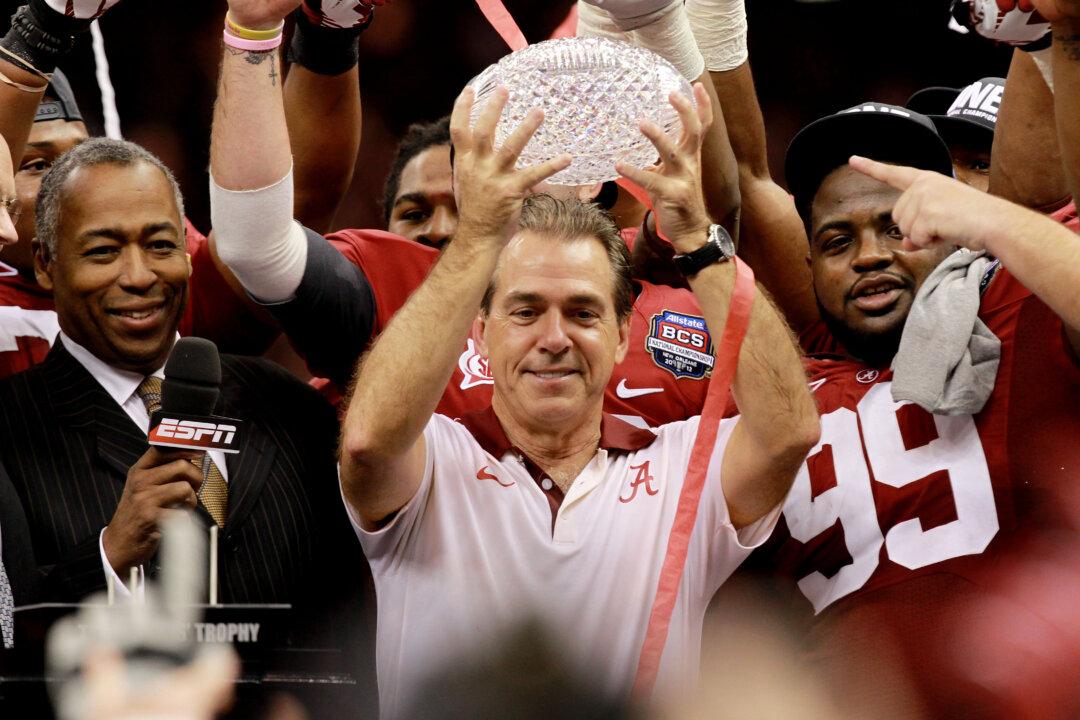Three years ago, Major League Baseball decided to add another pair of wild card teams to their once-exclusive postseason party when they created the wild card playoff game—as opposed to series—with the one-game winner advancing to the best-of-five division series.
On the surface it seemed like a win-win situation.
On the one hand, 10 out of 30 teams now make the postseason, instead of 8—which is still more exclusive than the NBA’s (16 out of 30), NFL’s (12 out of 32), or NHL’s (16 out of 30) playoff setup. Plus, with one more winner-take-all postseason game to sell to the networks, baseball got a boatload of money for doing so.
But there was an inherent problem with the setup that’s being exposed this season: What if the team with the second-best record in the league also has the second-best record in the division? In that case, MLB’s regular season runner-up squad could be eliminated before the real playoffs even start—the division series.
The silly thing is that this was basically what the wild card was supposed to prevent from originally happening.
Right now the second-place, 96-win Pittsburgh Pirates are one win from clinching the second-best record in baseball, but they won’t catch the first-place St. Louis Cardinals—already at 100 wins. Yet they will possibly be underdogs against the Cubs—and Cy Young candidate Jake Arrieta—in the wild card game.
If they do fall to Arrieta and Chicago, the whole point of the wild card will be missed.





